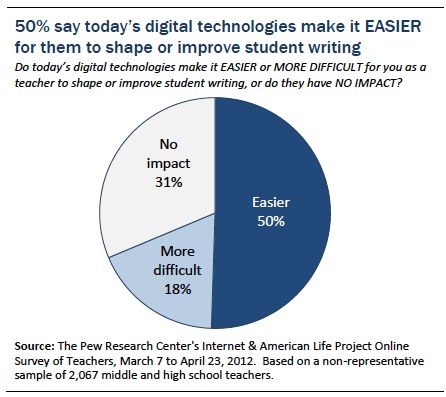






1. Search in a database or Google Scholar
2. When you find a paper, look up the journal. Is it reputable? Is it peer-reviewed? Look at the impact factor. The higher the factor, the more regarded the journal.
3. Look at the main author or authors – are they from a well-known school or organization?
4. Scan the methods. Do they make sense? Are they sound?
5. References should be included in the article so you can look up the data yourself.
6. Contrary information is included.
7. What is not known is included.

STOP - before you click it, read it, share it, or react, just stop. Ask yourself "Do I know this website?" "Does it have a good reputation?" If you're not sure, move on to the next steps.
INVESTIGATE THE SOURCE - do an internet search on the domain you just found. Look it up in Wikipedia. Read about the source. Are they legit? Are they biased? Do they have an agenda? Was that video on the benefits of milk consumption put out by the dairy industry? You need to know the answers to these questions before you consume the content. Can't find anything about the site? Don't read it.
FIND BETTER COVERAGE - don't just go to the websites that found you. Look for trusted reporting. Look for experts in the field. Ask a librarian or a teacher for advice or trusted sources.
TRACE CLAIMS TO ORIGINAL CONTEXT - if a website quotes another article or website, find the original quote or claim or article. Are you watching the complete video? Are you seeing the entire photo?